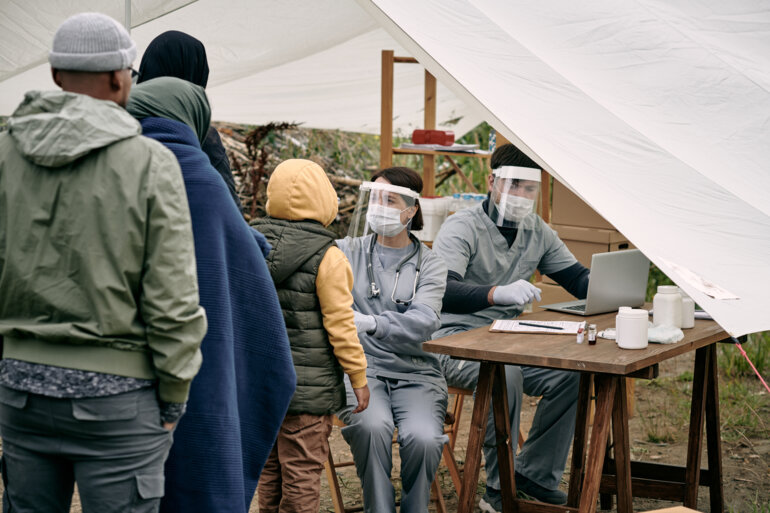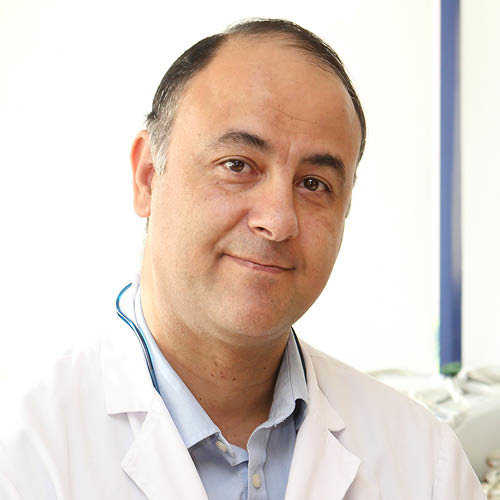While increasing evidence from studies support pregnancy after cancer treatment, data gaps persist, particularly regarding the impact of novel therapies on fertility
As a result of improvements in cancer prognosis, fertility preservation has become an increasingly important consideration to support women who aspire to have a child after cancer treatment. Nonetheless, pregnancy rates are lower in comparison with the general population (J Clin Oncol. 2021;39:3293–3305; Hum Reprod. 2018;33:1281–1290), and this may be due to several factors including concerns of potential pregnancy complications and the risk of cancer relapse during or following pregnancy. For women who undergo fertility-sparing surgery for early-stage cervical cancer, there is an increased risk of pre-term delivery (Obstet Gynecol. 2021;138:565–573; Int J Environ Res Public Health. 2020;17:7103). The most challenging situation is in women who have undergone pelvic radiation. In this case, the uterus can be irreversibly damaged, particularly if the treatment is administered before puberty.
Among women who underwent pregnancy after treatment for breast cancer, an increased risk of pregnancy complications was observed, including a 1.5-fold increased risk of low birth weight, a 1.5-fold increased risk of pre-term birth and a 1.2-fold increased risk of a neonate that is small for gestational age (J Clin Oncol. 2021;39:3293–3305). Reassuringly, no significantly increased risk of congenital abnormalities or other reproductive complications was observed in this cohort.
Further insights into different specific indicators related to fertility, pregnancy and breast cancer biology in young women are provided by the POSITIVE study, investigating whether temporary interruption of endocrine therapy, with the goal to permit pregnancy, is associated with a higher risk of breast cancer recurrence (NCT02308085). Prospective data from this trial indicated no increased risks of foetal malformations or other significant pregnancy complications in women who interrupted endocrine therapy to attempt pregnancy after breast cancer (N Engl J Med. 2023;388:1645–1656).
Cancer relapse during pregnancy is a concern, particularly in women with hormone-sensitive breast cancer. However, retrospective data collected so far do not support an increased risk of relapse resulting from pregnancy in these patients. Moreover, there was no increased risk of breast cancer events in women with hormone-receptor-positive breast cancer compared with control patients over 41 months in the POSITIVE trial: 3-year incidence 8.9% (95% confidence interval [CI] 6.3–11.6) versus 9.2% (95% CI 7.6–10.8), respectively (N Engl J Med. 2023;388:1645–1656). A landmark analysis of breast cancer-free interval at 18 months in patients who became pregnant during the POSITIVE trial demonstrated a hazard ratio for pregnancy of 0.55 (95% CI 0.28–1.06) in a univariate time-dependent Cox model. Data from this study will continue to be collected for up to 10 years, providing insights into the long-term risks of pregnancy for women with breast cancer. For patients who relapse or develop metastatic disease during pregnancy, treatment can be challenging due to a reduction in the number of available options.
Medical assessment and counselling are advised for all women who wish to become pregnant following cancer treatment. This is crucial to ensure both overall good health and awareness of potential risks. Patients with chemotherapy-induced cardiomyopathy will require careful management during pregnancy to avoid complications. Additionally, restaging the cancer before conception is essential, as some examinations are restricted during pregnancy. For example, computed tomography scans of the pelvis and magnetic resonance imaging of the breast with gadolinium should be avoided throughout the entire pregnancy.
Although experience in the management of pregnancy in patients after cancer treatment is growing, data gaps persist. For example, the ovarian toxicity of some of the newer agents, such as poly ADP ribose polymerase (PARP) inhibitors and cyclin-dependent kinase (CDK) 4/6 inhibitors, remains to be established. In addition, there is currently no registry of pregnancy outcomes for patients who have received pelvic radiation therapy as young adults. Multidisciplinary collaborations will be required in the future to address these questions.







